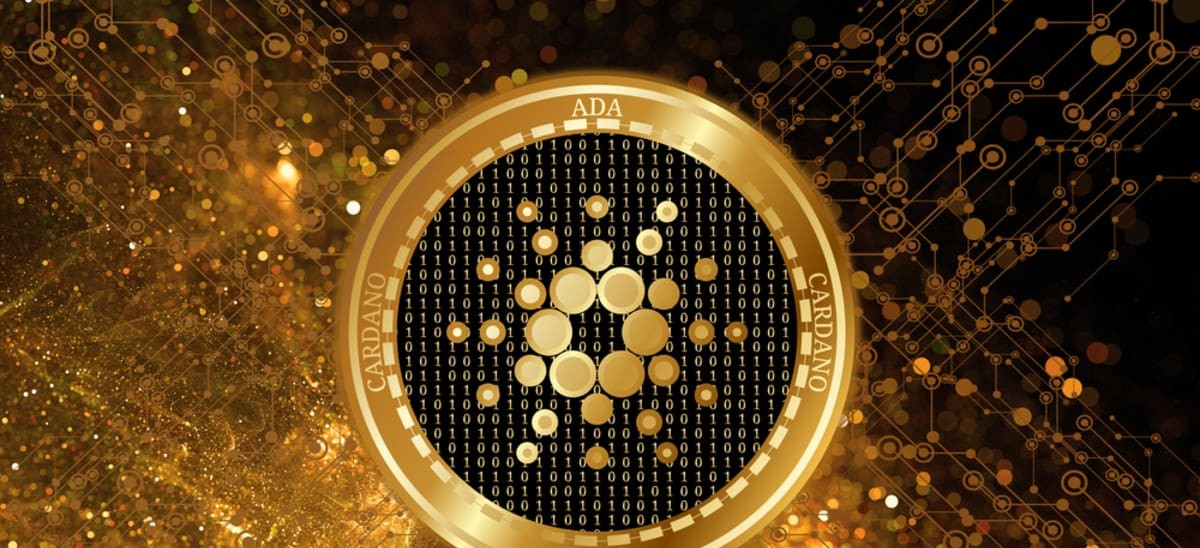Unlocking the Impact of AI on the Cryptocurrency Landscape in 2025
Artificial Intelligence (AI) and cryptocurrency are two of the most transformative technologies reshaping finance, technology, and society at large. By mid-2025, the integration between AI and the cryptocurrency ecosystem is deepening, driving innovations that challenge the traditional boundaries of market dynamics, security, and investor behavior. This analysis explores how AI is influencing cryptocurrency—from market analytics to blockchain security, from enhancing decentralization to redefining user experience—mapping out the evolving relationship that promises to reshape digital assets in the near future.
—
AI as the Compass in Navigating Crypto Volatility
Cryptocurrency markets are notoriously volatile and often unpredictable. Enter AI-powered analytics platforms, which have rapidly become indispensable tools for traders, investors, and institutions. Leveraging machine learning algorithms, natural language processing, and real-time data aggregation from social media, blockchain activity, and macroeconomic news, these platforms provide nuanced market sentiment insights far beyond traditional technical analysis.
For example, platforms such as Kaito AI and Sahara Labs AI are redefining how market sentiment is gauged. By interpreting millions of data points in real-time, they can identify emerging trends, detect shifts in investor mood, and uncover hidden correlations between asset price movements and external events. This allows market participants to make more confident, data-driven decisions rather than relying solely on intuition or lagging indicators.
The sophistication of AI models also means they can dynamically adjust strategies as conditions evolve, potentially smoothing out extreme price swings or spotting opportunities that human analysts might miss. This fusion of AI and crypto is a strategic asset in navigating a market where a single tweet or regulatory announcement can trigger sharp reactions.
—
Enhancing Security and Decentralization Through AI
Security remains a relentless challenge in the cryptocurrency ecosystem. As hackers become more sophisticated, the need for advanced protective measures intensifies. AI-driven security protocols are stepping up to meet this challenge by automating threat detection, anomaly identification, and intrusion prevention with unprecedented accuracy.
Machine learning models trained on vast datasets of blockchain activity can flag suspicious wallet movements, predict potential breaches, and enforce adaptive responses before damage occurs. This is proving vital not only for exchanges and custodians but also within decentralized finance (DeFi) platforms, where smart contract vulnerabilities have led to billions of dollars in losses.
Interestingly, AI can also play a role in supporting decentralization—the very ideal Bitcoin’s solo mining resurgence has recently spotlighted. By optimizing mining operations and energy consumption, AI enables smaller miners to compete more effectively in a landscape dominated by massive industrial farms. This levelling of the playing field aligns well with decentralization values, helping maintain network robustness and resisting centralizing pressures.
—
AI-Driven Financial Products and Institutional Adoption
The convergence of AI with innovative crypto financial products is accelerating institutional engagement. JPMorgan’s introduction of Bitcoin ETF-backed loans is just one example where AI analytics are entwined with credit underwriting and risk assessment, enabling seamless integration between crypto assets and traditional finance.
AI models assist in evaluating collateral volatility, predicting loan default risks, and dynamically managing portfolios that include digital assets. This reduces friction for institutional investors, fosters regulatory compliance, and expands the range of viable crypto investment vehicles.
Moreover, AI enhances the liquidity management of ETFs, shifting inflows strategically between Bitcoin ETFs and traditional assets like gold ETFs based on predictive trend analyses. This sophisticated rebalancing, underpinned by AI, creates more efficient markets that can absorb shocks and adapt faster to macroeconomic signals.
—
Streamlining User Interaction and Expanding Adoption
Beyond investors and institutions, AI is revolutionizing how everyday users interact with cryptocurrencies. AI-powered wallets and trading bots simplify complex trading strategies for retail investors by automating purchase decisions, managing risk, and optimizing token portfolios based on individual preferences and behavioral patterns.
Natural language interfaces powered by AI are breaking down technical barriers, enabling users without deep crypto expertise to participate confidently in decentralized finance or token ecosystems. AI chatbots and virtual assistants are providing real-time support, education, and transaction management, making crypto adoption more accessible and less intimidating.
This democratization of crypto participation fosters broader adoption, diversifies user bases, and fuels the socio-political transformation that digital currencies are beginning to spearhead globally.
—
Challenges and Ethical Considerations
While the integration of AI and cryptocurrency opens vast possibilities, it also raises challenges and ethical questions. The opaque nature of some AI decision-making processes can conflict with blockchain’s ethos of transparency. There is a risk that AI-driven market manipulations—such as coordinated sentiment shaping or algorithmic trading dominance—may introduce new systemic vulnerabilities.
Furthermore, as AI-powered systems increasingly control financial instruments and security protocols, safeguarding against biases, errors, or adversarial attacks becomes critical. Questions about accountability and governance in this blended AI-crypto frontier will need ongoing attention from developers, regulators, and the community.
—
Conclusion: The AI-Crypto Symbiosis as a Catalyst for Evolution
The symbiosis between Artificial Intelligence and cryptocurrency in 2025 is more than a technological convenience—it represents a fundamental shift in how digital assets are created, secured, traded, and adopted. AI equips market participants with clarity amid chaos, strengthens decentralization by empowering smaller players, enables innovative financial products, and broadens participation through intuitive interfaces.
Yet, this relationship demands constant scrutiny to balance innovation with fairness, security with privacy, and automation with human oversight. Investors, developers, and regulators embracing this partnership will shape not only the trajectory of cryptocurrencies but also the future fabric of global finance.
As these forces intertwine, they forge a dynamic ecosystem characterized by complexity, resilience, and potential—one that promises to redefine the very meaning of money and trust in the digital age.
—
Sources and Further Reading
– Kaito AI – Crypto Insights and Sentiment Analysis
– Sahara Labs AI – Market Analytics for Cryptocurrency
– JPMorgan Launches Bitcoin ETF-Backed Lending Product
– Bitcoin Mining and Decentralization Fundamentals
– Challenges of AI in Financial Markets
– AI Security Applications in Blockchain











